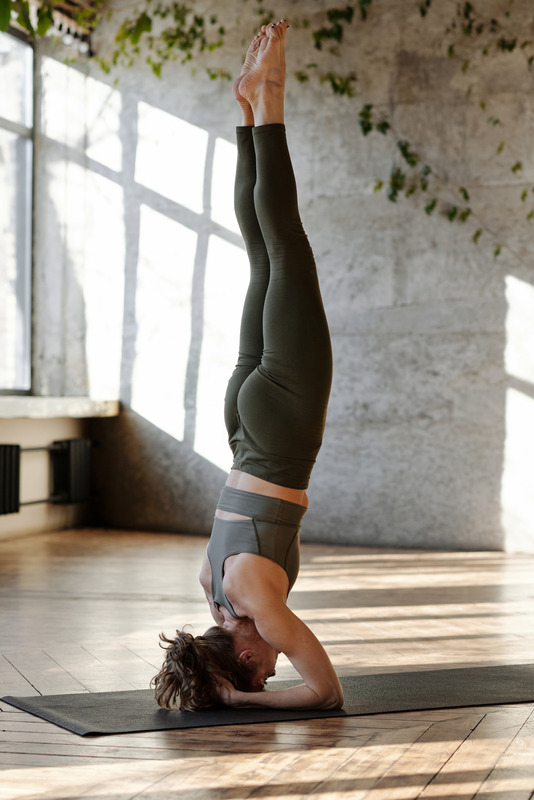Can
Expressing Ability In The Present

When we talk about our abilities in the present we use can.
I can means I am capable of doing something.
For example, I can play volleyball, I know how to play, and I am capable of doing it.
I can do yoga too. I know the yoga poses and I have the ability of doing yoga.
How to Use Can
When we talk about our skills or general abilities we use the modal verb can with a main verb.
He can play football. - can:modal verb play:main verb
1.We use can to talk about ability in the present or future.
I can do it. means I have the ability, skills to do something in the present or future.
Let’s see some examples:
- I can drive. (I have the driving licence, I know how to drive, I have the skills for driving.)
- He can play table tennis.
- She can dance salsa.
- I can run 1 km in six minutes.
- I can touch my nose with my tongue.
- I can change a flat tyre.
2.We also use can when we have the ability to do something and also the conditions allow you to do it. (We have time, money, etc., to do something and / or we want to do it.)
- I can help you with your homework. I have some time before I leave for work.
- We can buy a new computer, we have enough money for that.
- I can give you some cookies, I have one more packet in my bag.
3.We use can’t when we have the ability to do something but the conditions do not allow you to do it. (We don’t have time, money, etc., to do something, we have another plan, or, we don’t want to do it.)
- He can’t talk to you now, he’s in a meeting.
- I can’t come to your birthday party on Saturday, because I need to pick up my aunt from the airport.
- She can’t watch tv because she has an exam tomorrow morning.
- We can’t swim in the pool because we don’t have our swimsuits with us.
How to Form Can
Can and could are modal auxiliary verbs, they do not change with different possessive pronouns. (For example, we don’t add 's' in the third person singular. (He cans run)
We use can and could with another verb (main verb) in the sentence, we use the main verb in bare infinitive form (infinitive without to).
Positive Sentences (+)
We add can and bare infinitive after the subject pronouns to form positive sentences.
Subject + can + bare infinitive
I can play chess.
We do not say he cans or she cans, we say he can or she can.
She can speak 7 languages.
- I can swim.
- She can play the saxophone.
- He can draw portraits.
- I can design houses, I’m an architect.
- Matilda can do some magic tricks.
Negative Sentences (-)
We add not after can to make the sentences negative.
I can’t do it. means I don’t have the ability to do it, I don’t know how to do it.
Subject + cannot + bare infinitive
He cannot drive a car.
The short form of cannot is can't. We usually use the short form in negative sentences.
- They can’t speak French.
- I can’t cook well.
- I can’t brush by teeth with my left hand.
- He can’t ride a bike. He is only two years old.
- We can't swim.
Questions (?)
We use can before the subject to form questions.
Can + subject + bare infinitive ?
Can you play the piano?
- Can he play chess?
- Can they twirl a hula hoop?
- Can you count backwards from 30 to 0?
- Can she sing well?
- Can you use excel?